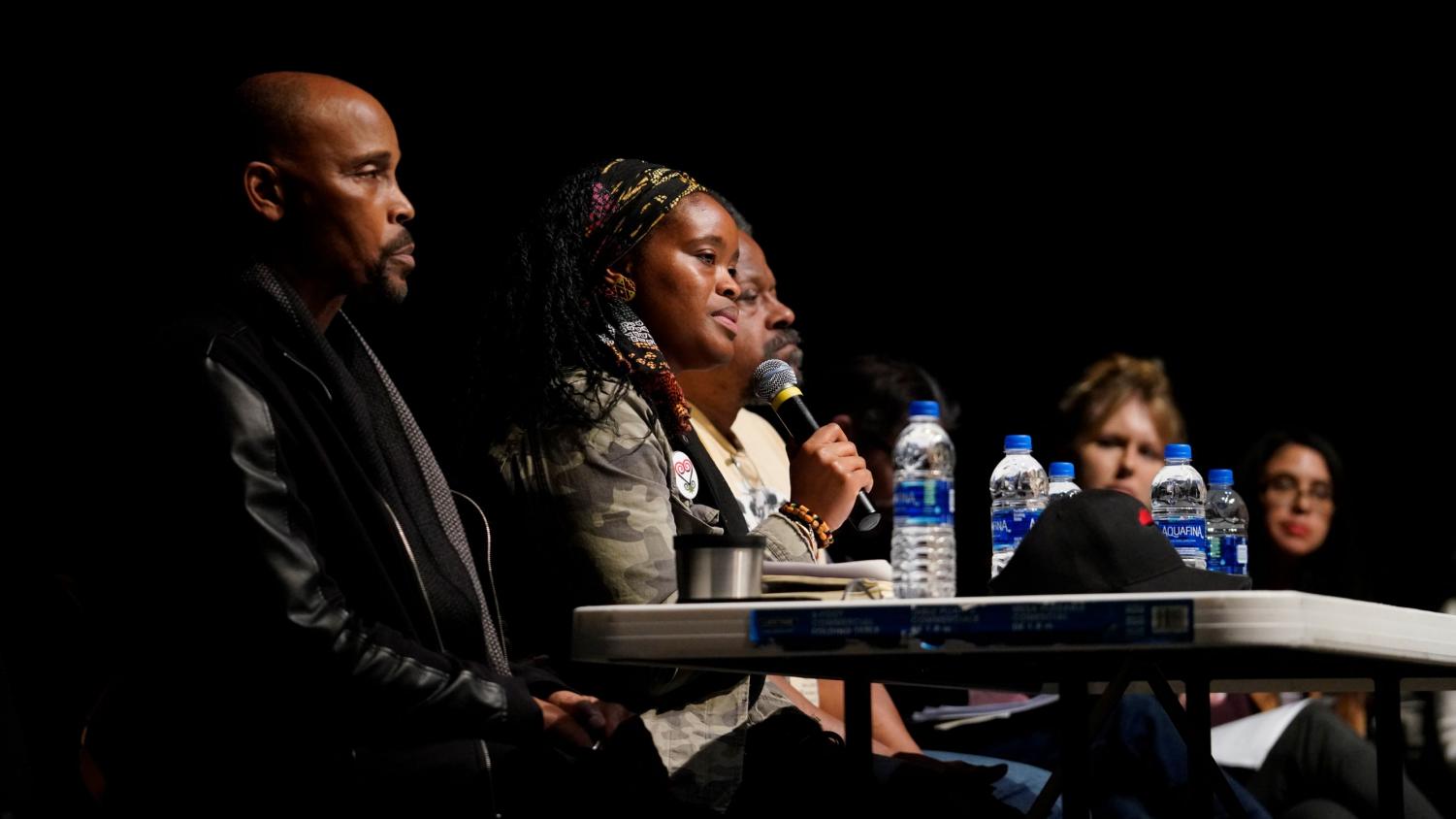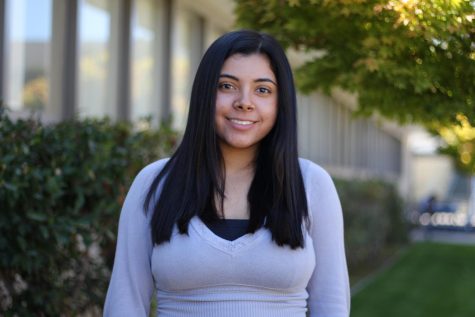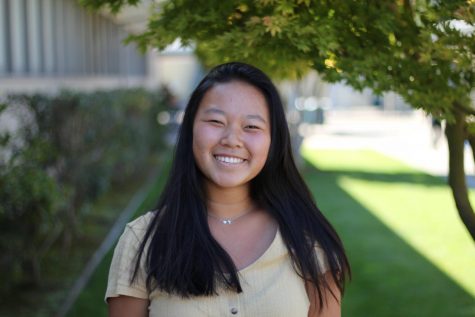United States History teachers organize civil rights panel
March 11, 2019
On Tuesday, February 26, United States History students participated in a panel discussion with speakers from the Black Panther Party (BPP) and the All-African People’s Revolutionary Party (AAPRP). The United States History teachers invited activists Arthur League, Akubundu Amazu-Lott and Kioni Williams to talk about their political parties and individual experiences in regards to the African American struggle to obtain equality. This is the first time Los Altos has hosted an event with figures from these two political parties.
United States History teacher Andrea De Francesca said that introducing these figures would heighten the understanding of the Civil Rights unit in the United States History courses. The event coincided with Black History Month and added emphasis to the legacy of the movement.
“Just hearing people’s personal experience is a powerful thing,” De Francesca said. “Anytime that there’s an opportunity to hear someone’s struggle and first-hand account [is] a really powerful experience to listen to and be a part of.”
Throughout the 1950s and 1960s, African Americans protested and advocated for equal rights in the Civil Rights Movement. In order to protect black people, political parties were established.
Activists Huey P. Newton and Bobby Seale created the Black Panther Party in Oakland, California on October 15, 1966 with the main objective to protect the black community from police brutality.
The All-African People’s Revolutionary Party was founded by Kwame Nkrumah in Conakry, Guinea in 1968. This political party focused on pan-Africanism which encourages all individuals of African descent to unite in order to advocate for their rights.
Collectively, the speakers acknowledged that the world has made progress in terms of human rights, but there are still many changes that need to made.
“I would strongly recommend that people educate themselves,” Williams said. “Especially, young people with privilege need to acknowledge that they have privilege. Change starts with just one person who is willing to speak up.”
The Talon recounts the stories of each guest speaker.



